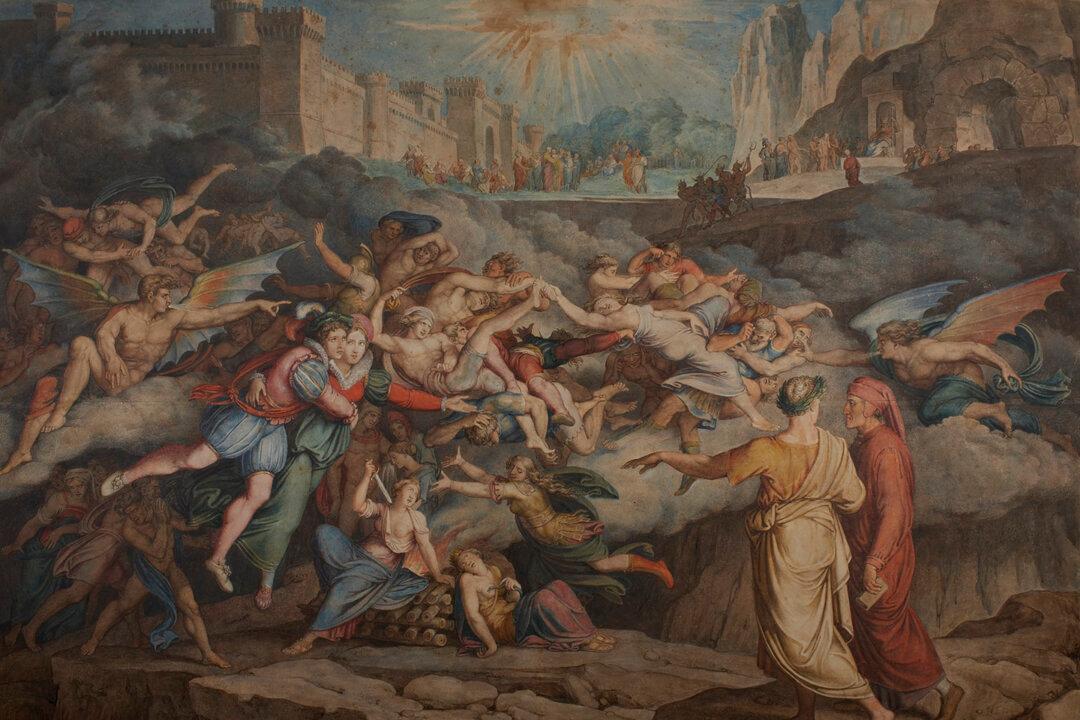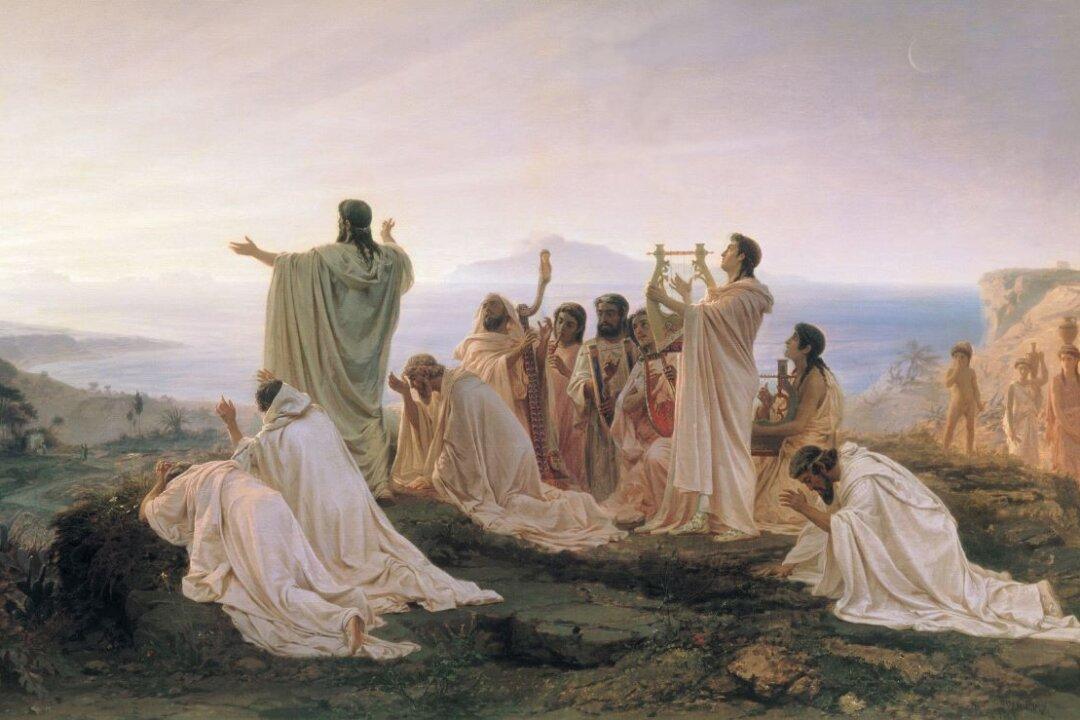The Renaissance poet Philip Sidney considered the epic or “heroical” genre to be the “most accomplished kind of poetry.” What could possibly substantiate such a claim?
In his famous essay, “The Defense of Poesy,” he defined the epic hero as one who “stirs and instructs the mind” with moral doctrine, who “doth not only teach and move to a truth, but teacheth and moveth to the most high and excellent truth; who makes magnanimity and justice shine through all misty fearfulness and foggy desires.”





